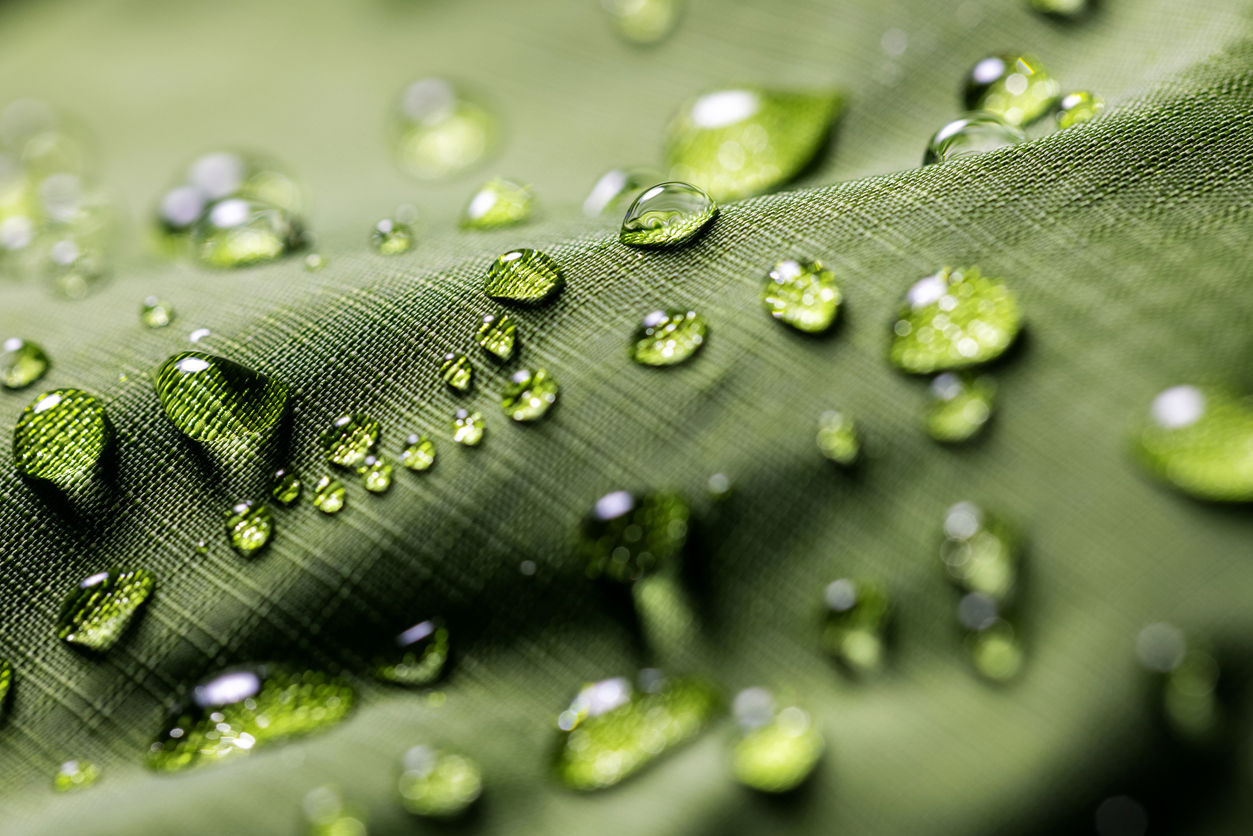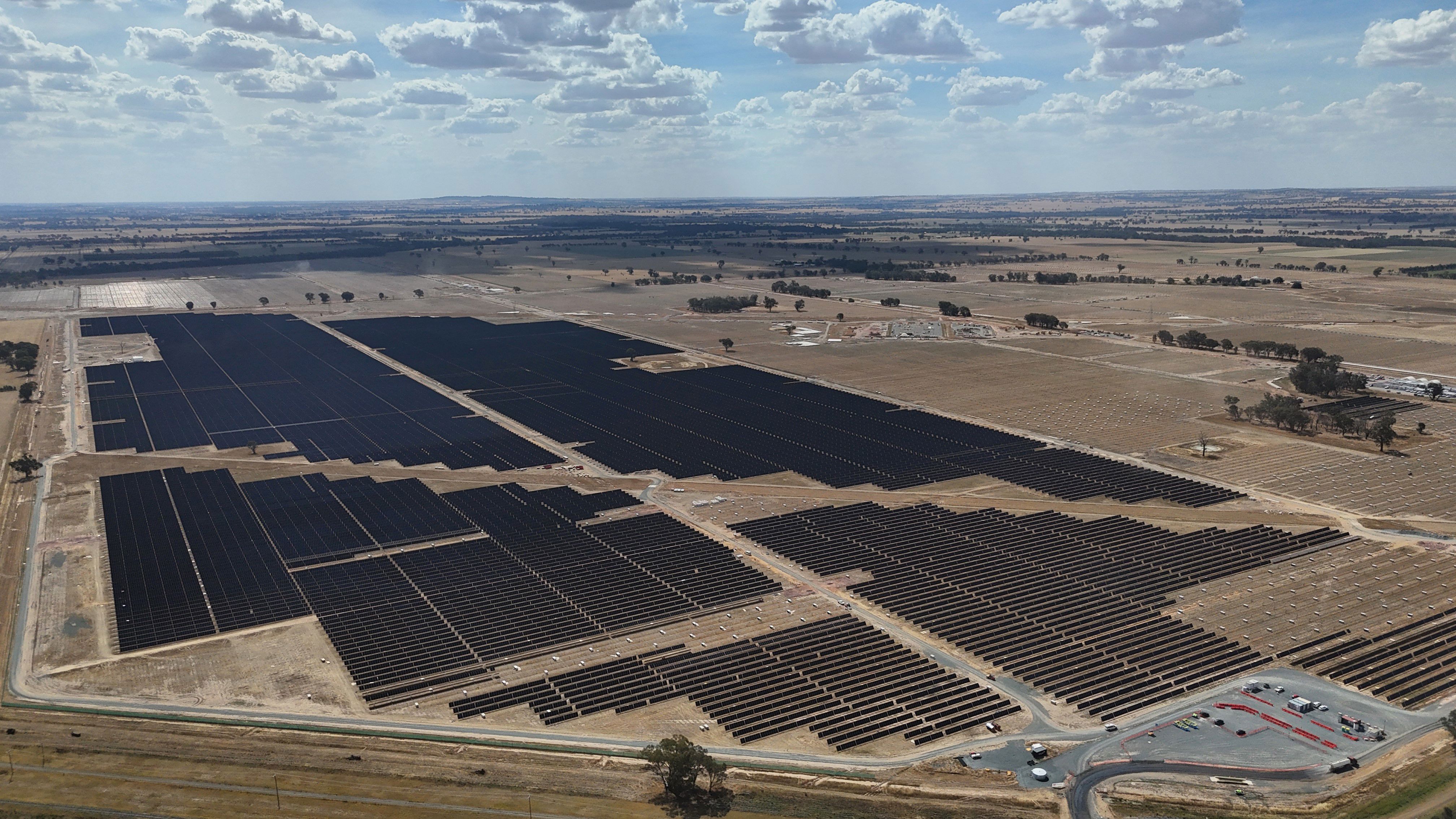CEFC and Virescent Ventures back Australian technology to reduce textile sector emissions

30 April 2024
The CEFC has invested in technology developed by Australian start-up Xefco, which has the potential to revolutionise the carbon intensive textile production sector by significantly reducing its use of water, energy and chemicals. The $2.5 million CEFC commitment is managed by climate tech specialist fund manager, Virescent Ventures.
The Xefco technology has global application and has also attracted investment commitments from Main Sequence Ventures, Breakthrough Victoria, Investible and Voyagers Climate-Tech Fund as a part of a $10.5 million seed extension round.
The raise will help Xefco commercialise its patented ‘Ausora’ technology by scaling up manufacturing and expanding its capacity for customer trials.
It’s clear that there is a significant global need for the textiles industry to step up to reduce emissions and polluting practices. Xefco’s technology is a great Australian innovation that enables manufacturers to take the lead in sustainability, cut their carbon footprint and promote a circular economy.Alex OppesInvestment Director, Virescent Ventures
Xefco’s first product XReflex, which increases the thermal efficiency of insulated clothing, is used by some of the world’s leading apparel brands including Zara, The North Face and Salomon.
Virescent Ventures Investment Director, Alex Oppes said: “The textile industry is one of the world’s biggest polluters – greenhouse gas emissions from the sector are greater than international aviation and shipping combined.1
“It’s clear that there is a significant global need for the textiles industry to step up to reduce emissions and polluting practices. Xefco’s technology is a great Australian innovation that enables manufacturers to take the lead in sustainability, cut their carbon footprint and promote a circular economy.”
The Xefco Ausora ‘dry’ processing system uses an atmospheric pressure plasma deposition process to colour and apply finishes to textiles such as water repellence, moisture wicking, fire retardancy, and anti-odour properties. According to Xefco, the technology achieves nearly 100% water savings, 90% energy savings and 97% chemical savings compared with conventional processes.
Xefco was founded in 2018 and is based at Deakin University’s ManuFutures hub at the Waurn Ponds campus. Its work was recognised in 2022 with an up to $4 million grant from the University’s Recycling and Clean Energy Commercialisation Hub, which is supported by the Australian Government’s inaugural Trailblazer Universities Program. It has also received support from the Innovative Manufacturing Cooperative Research Centre and is a key partner in the ARC Research Hub for Future Fibres at Deakin University’s co-located Institute for Frontier Materials.
Xefco CEO Tom Hussey said: “The global textile industry accounts for up to 8 per cent of the world’s total emissions annually2, with dyeing and finishing responsible for a large portion of that due to its reliance on coal and gas-fired boilers3. The textile industry is also the second largest industrial user of water after agriculture4, while contributing to high levels of water pollution.
“These outdated, resource-intensive operations have not changed in centuries. It’s destroying our waterways and our planet. Consumer awareness and environmental regulation are projected to be trends in the global textile market, which is expected to be worth around US$3 trillion by 20305. We’re determined to create a greener supply chain for the fashion industry."
The Xefco investment brings the number of climate tech companies backed by the CEFC and managed by Virescent Ventures to 34, across more than 60 transactions.
The CEFC established Virescent Ventures as an independent investment management firm to attract significantly more private sector investors into Australian climate tech. Virescent Ventures invests from pre-seed to late-stage growth capital to address the largest and hardest to abate sources of emissions across deep tech and business model innovations.
1 McKinsey & Company, What is fast fashion?, December 7, 2023.
2 Quantis, “Measuring Fashion Environmental Impact of Global Apparel and Footwear Industries Study” (2018).
3 Rita Kant, Textile dyeing industry an environmental hazard, 2012.
4 Rita Kant, Textile dyeing industry an environmental hazard, 2012.
5 Research and Markets, Textile Market Size, Share & Trends Analysis Report and Segment Forecasts, 2022-2030.




